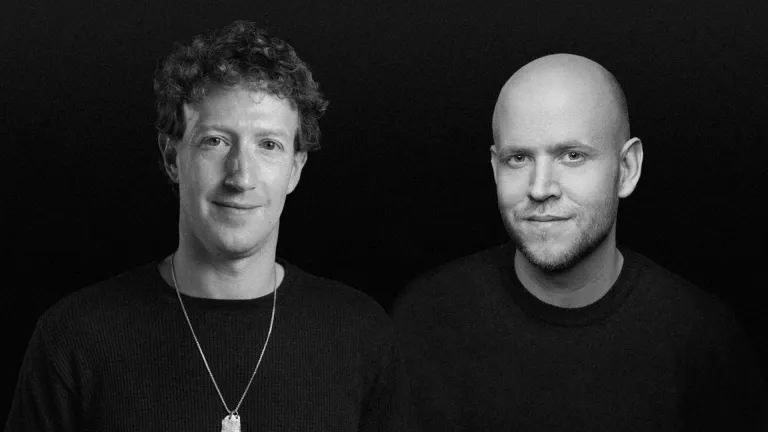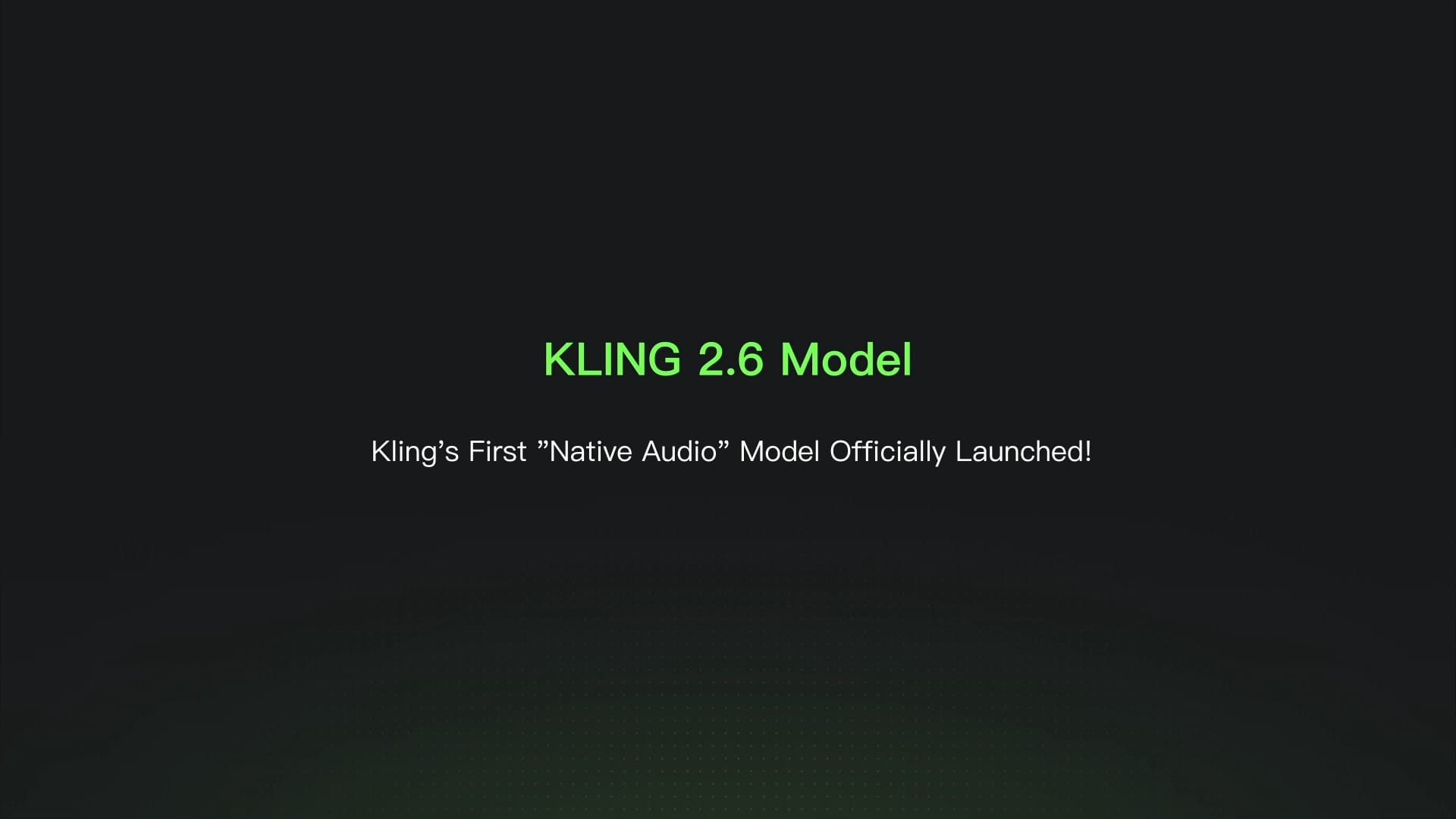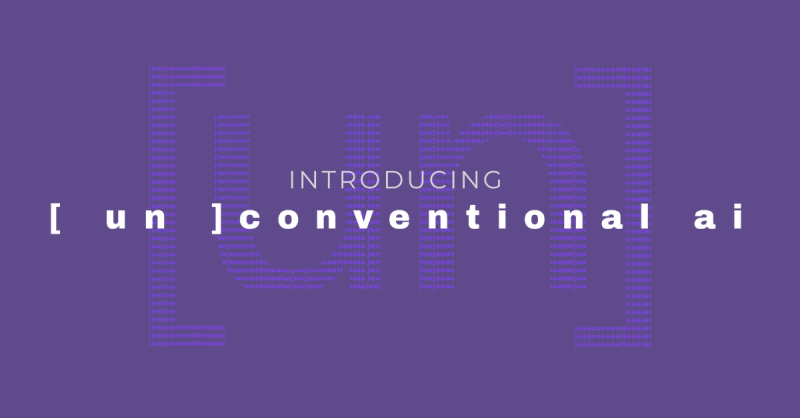Meta founder and CEO Mark Zuckerberg and Spotify founder and CEO Daniel Ek recently penned an op-ed in which they warn that with its "risk-averse, complex regulation" Europe is risking its prospects of capitalizing from open-source AI technologies, leading it to fall behind other geographical regions such as the US and Asia. On a more positive note, Zuckerberg and Ek highlight that, in their opinion, "thoughtful, clear and consistent regulation" is the key to protecting people's privacy and rights while fostering the environment in which innovative technologies can be developed.
The joint statement largely centers on Meta's disappointment that European regulators have asked it to pause training on publicly shared content on Meta's platforms—again. Spotify mentions that it uses AI for important features, including artist discovery, which is hardly an issue, since most of Spotify's features are not fundamentally powered by generative AI. Along with revisiting the issue, Meta reiterates that it has not broken any law and is being inconvenienced simply because EU privacy regulators have created delays due to their lack of agreement on how to proceed. This is despite a meticulously curated document in which the non-profit noyb – European Center for Digital Rights analyzes and points out the falsity and misleadingness of some of Meta's claims regarding the lawfulness of its AI training practices.
To emphasize the detrimental effects of the EU's "fragmented regulatory structure", Meta does confirm that Meta will not release Llama multimodal in Europe, leaving European citizens with "AI built for someone else," and cites a consensus among several European chief executives in multiple industries, who claim that Europe's "complex and incoherent regulatory landscape" is a cause of the continent's lack of competitiveness. Without going into much detail or suggesting any substantial amendments, the authors close their op-ed by diagnosing that "clearer policies and more consistent enforcement" are the only remedy that will keep Europe from missing a once-in-a-generation opportunity.





Comments